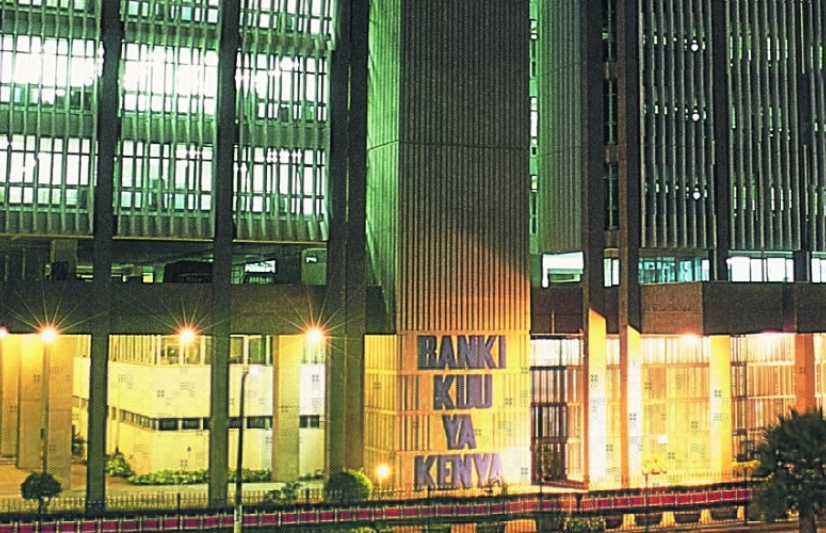Banks seek hike in lending rate ahead of CBK meeting
By Herald Aloo, September 28, 2023Disquiet over this month’s steep hike in fuel prices, which has threatened to worsen inflation, and heightened loan appetite will be a key factor when Central Bank of Kenya (CBK) meets next week to decide on new borrowing rates.
The banking sector regulator is expected to tame the high cost of living while also supporting credit flow to continue stimulating economic growth and match the Federal Reserve position, which held interest rates steady last week.
Kenya’s economy is still struggling to absorb the impact of tax hikes that took effect in July 2023. Banks want CBK to tighten the policy one more time to enhance macroeconomic stability, citing inflation risks, softening economic growth, and global shocks.
“In view of these developments, we argue that a further (moderate) monetary policy tightening would support measures taken previously to tame inflationary pressures and rising inflationary expectations, cool off credit demand (and supply),” states Kenya Bankers Association (KBA) in its research note ahead of Monetary Policy Committee (MPC) meeting on October 3.
The lobby group says the proposed decision is necessary to avert “a sharper build-up in non-performing loans” and help moderate the trend of “depreciation of the exchange rate.” The headline inflation – a measure of annual changes in the cost of living – declined to 6.7 per cent in August on eased food prices, but the upward adjustments of pump prices by more than 13 per cent per litre of diesel in mid-September could wash away this gain.
A rise in the cost of fuel has a spillover effect of increasing transport costs, worsening inflation, increasing the cost of doing business, and generally slowing down the rate of economic activities.
Global oil prices
The hike in global oil prices and the weakening of the shilling, currently exchanging at about Sh147 per dollar, have partly contributed to the costly pump prices.
Leading indicators of economic performance in the second and third quarters of 2023 show depressed activity, with the Stanbic Purchasing Managers’ Index (PMI) indicating that output levels recovered slightly in August due to elevated input prices. “However, the rate of growth was only fractional, as improvements arising from reduced political unrest and stronger demand conditions were almost completely offset by the negative impact of price increases,” the PMI report indicated.
If CBK goes ahead with the move as proposed by KBA, it would see the central bank rate (CBR) jump by more than 175 basis points since January this year. CBK retained the rate at 10.5 per cent in the last MPC in August.
But further tightening of policy might hurt credit access for individuals and businesses attributed to the elevated cost of borrowing from commercial banks, thus affecting the private sector growth.
The banking sector’s average lending rates have already increased due to the previous policy stance, while overall credit has slowed down despite loan demand. “This is partly attributed to structural challenges associated with the restrictions in the implementation of risk-based credit pricing by banks,” said KBA.
More Articles

